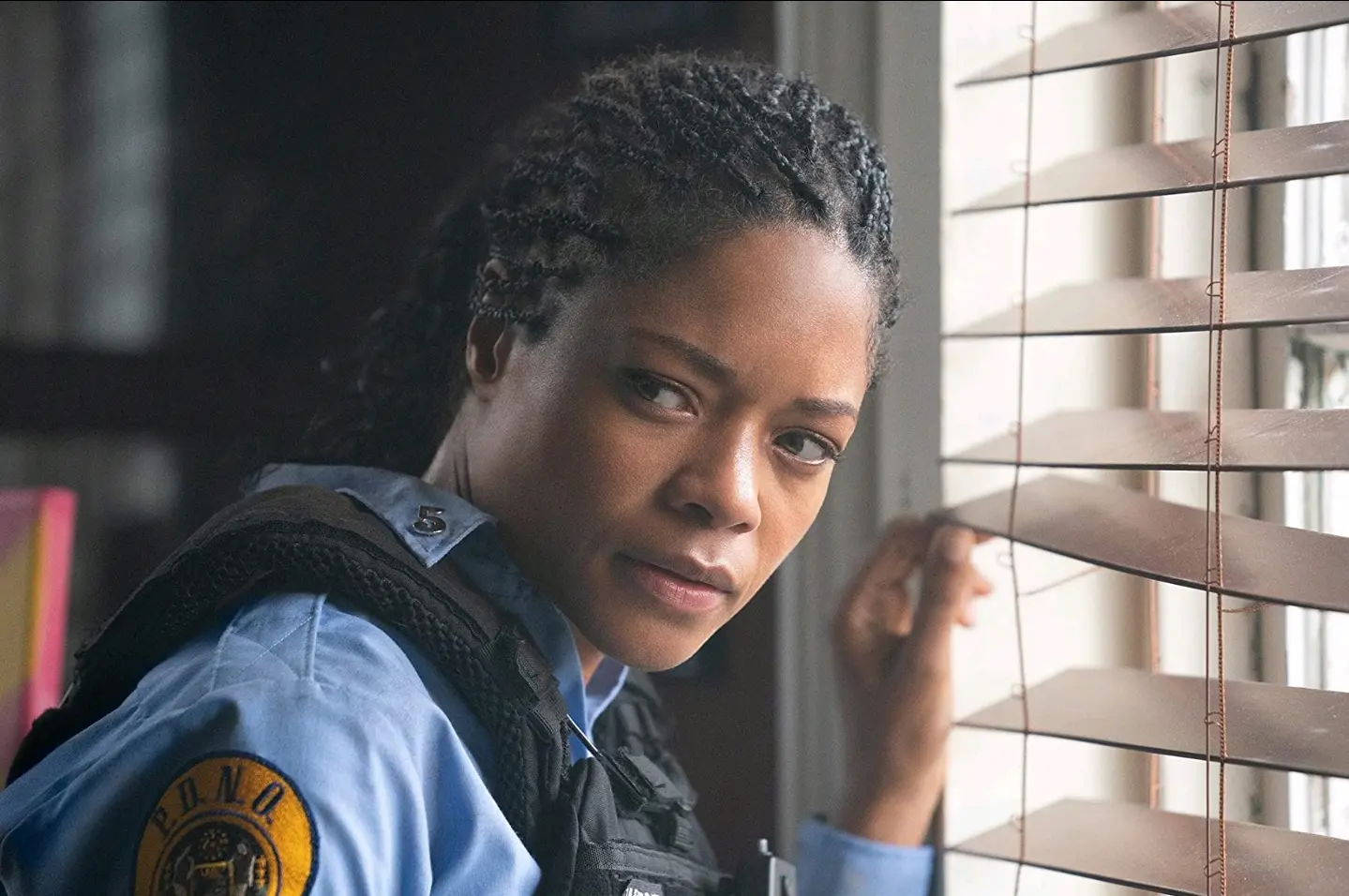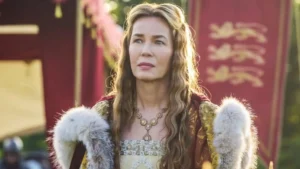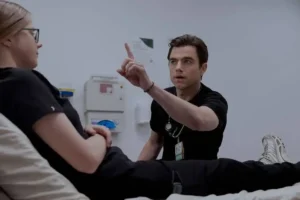Summary
After a promising start, with a strong Harris in the lead, Black and Blue gives way to a generic against time thriller.
There are too many films that try to place the message of community and being the change at their forefront but instead use them more of a backdrop rather than fully committing to the sentiment. Otherwise, the overall motivations come across as false; it’s used for a cover, and the thinly-veiled sentiment can be easily dismissed — even one-note. After watching Black and Blue, its well-built start gives way to a low-maintenance Training Day, the Antoine Fuqua thriller that blurred the lines between cops, criminals, and the community they serve. It’s nearly 20-years old and Deon Taylor’s new film, while an improvement over his cartoonish escapist picture The Intruder, squanders a strong Naomie Harris in the lead, as it gives into becoming a generic against-time thriller. It even manages to fit in the standard white savior character as well.
Black and Blue’s set-up is a timely one, combining the #MeToo Movement and Black Lives Matter; Army veteran and rookie cop Alicia West (Moonlight’s Harris), who accidentally walks upon a bad police shooting, and she captures it on her body camera. Instead of talking her down from the moral outrage and then coming to the quick realization that they can’t appeal to her better nature when it comes to their rationalization of sticking with their brothers in Blue, she is shot multiple times for her troubles. Luckily, her vest stops nearly all the bullets; her body cam is left intact, and after landing on some fluffy bags of garbage when falling through a rotted floor, she escapes and is in a race against time to get back to the station to turn in the footage of the cold-blooded murder. The problem being the community she grew up in doesn’t trust her because she is a cop, the ones that want to help are afraid of the police chasing her, and corrupt officer (including Warrior’s Frank Grillo) has created a story that she was the one who panicked and shot the unarmed man.

The title Black and Blue refer to the residents of a primarily African-American community and the men and women who, no matter what ethnicity you are, will be first and foremost police officers. The prevailing thought before starting your shifts is always us versus them. Harris’s character came back to her hometown, New Orleans, to be the one who brings those two worlds together. The script, by Peter A. Dowling (you might have enjoyed his work in Flight Plan, but if you saw Reasonable Doubt, you might not have even given this film a chance) starts out strong, with the interesting concept of Harris running around her old neighborhood, hiding from racist cops, and trying to rely on the community she swore to protect. Even Grillo, if you watched the criminally underseen Disconnect or underappreciated Wheelman, you know can be so much more than the regular villains he tends to portray, does what he can with the standard bad cop role. However, halfway through the film, B & B resorts to a cornball storyline of a drug lord named Darius (played by Evil’s Mike Colter, going full Wolverine mode here), to chase down the cop for killing his nephew. The premise of protecting a community is abandoned with bad cops and criminals chasing the accused officer, instead of the officer having the hard-working citizens of this New Orleans neighborhood that are being victimized by both groups. It only touches on the subject briefly with an unusually strong and restrained performance by Tyrese Gibson, who is the one person that reaches out a helpful hand.
If anything, Black and Blue highlights how Training Day may have been ahead of its time. Now, why am I comparing the two? Well, October has been the month of the homage with films (like the recent Jexi) not just lifting but stealing film premises for their own gain. There is even a scene at the end of the film that is practically stolen word-for-word and shot-for-shot from Training Day that you can’t possibly miss. Midway through the second act, Blue squanders its opportunity to put its stamp on something meaningful in mainstream entertainment, by tossing that promise out the window for a lazy attempt to take modern social movements and apply them to an older but better film. Sure, there’s nothing wrong with that payday, I’m even fine with a good homage or copying the overall sentiment of other films; they are all destined to be repeated or influence business anyway, as long as they put their own spin on them. It’s the change of direction this film takes I have objections to and the suspense lost because of it. A stronger, relevant, and even more meaningful film was lost here.



